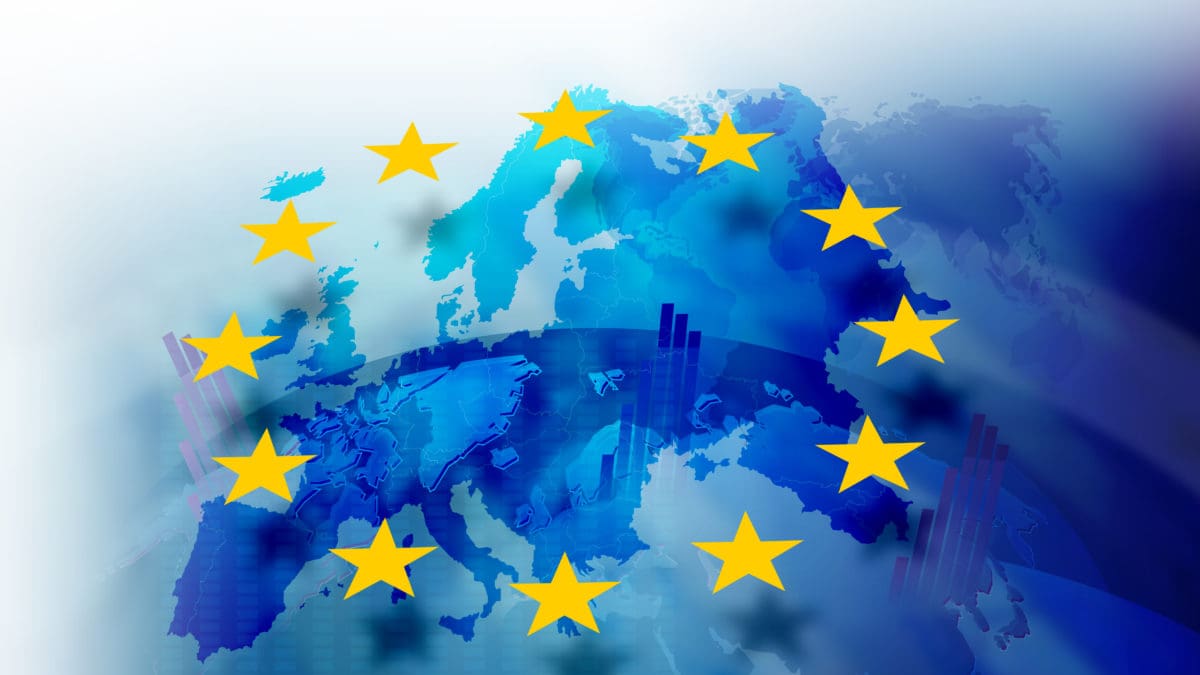Europe faces choice between innovation or the risk of stagnation, writes Bernard Mallee


A quarter of a century ago, almost half of global new treatments originated in Europe. Today, the proportion has dropped to 22%. The United States has emerged as the world’s main generator of new medicines. Europe’s research and development base is gradually eroding. Legislation is in the works in Brussels that will either hasten or halt that slide.
The European Commission is overhauling Europe-wide pharmaceutical legislation for the first time in some two decades. The Commission is due to table legislative proposals at the end of this year. What emerges, eventually, from that process is a new set of laws that will have far-reaching consequences for the operating landscape for medicines innovation in Ireland and across Europe. At stake are healthcare outcomes, competitiveness, jobs and investments.
Two key intellectual property rights are in the spotlight – the Paediatric Medicines Regulation, adopted in 2007, and the Orphan Medicinal Products Regulation, adopted in 2000. Between 2000 and 2020, 190 initial orphan medicine marketing authorisations and 34 extensions of indication in 133 conditions were granted in the EU. They addressed the medical needs of up to 6.3 million rare disease patients. That was a jump from eight orphan medicines approved in the years before 2000. The Paediatric Regulation resulted in over 260 new treatment options for children in its first decade.
The catalytic impact of a stable and predictable intellectual property framework means there is much more research output for medicines that treat rare diseases and sick children. It has enabled the creation of hundreds of biotechnology SMEs in Europe over 20 years.
To help to tackle the still-unmet medical needs of children and patients with rare diseases, we have developed bold proposals. Existing incentives remain essential because the economic case for investment in rare diseases is marginal. The clinical case is irrefutable though.
The industry believes there may be potential to refine the orphan incentives system to encourage further investment in areas of unmet medical needs. Our proposal for orphan market exclusivity modulation (OME) is based on clear and predictable criteria. Ten years should be retained as the baseline patent exclusivity duration, modulated up or down based on cumulative product attributes. All medicines would still be eligible for two-year extensions after the Paediatric Investigation Plan (PIP) is completed. Overall, OME would last at least seven years and no more than 12 years.
We do not support the Commission’s proposal for mandatory disclosure of product-specific research and development costs and return-on-investment data. The costs are hard to estimate, the burden would be administratively impractical and research pathways often overlap for medicines with various indications.
We do not support attaching conditions of launch in all or most Member States to paediatric rewards or orphan incentives. We do not support changes to orphan eligibility criteria. These criteria are predictable and they have worked. Changing them would leave some patients behind. Almost all rare disease patients are affected by the 390 most prevalent diseases where there is still considerable unmet medical need.
Ireland’s industry is heavily exposed to what happens in Brussels. The latest figures from IDA Ireland show that 42,000 people are directly employed by the industry locally. Tens of thousands more are employed in the wider supply chain. We are investing heavily – from modular manufacturing to cell-based and mRNA technologies. We are spread across the regions, generating billions of euro in gross value-added for the economy.
Some discussions about the review of the legislation have been about improving access and availability of medicines in Europe by reducing intellectual property protection, whether for all medicines or just for medicines that treat rare diseases or sick children. Intellectual property protections boost innovation. They do not to tackle access or availability. Governments locally decide whether to give patients access to new medicines based on health value assessments and budgetary conditions.
Europe’s existing laws should be updated. A more efficient regulatory framework is needed to keep the pace with advances in science and make Europe the first choice to research, develop and manufacture the next generation of treatments, cures and vaccines. Intellectual property rights must be tailored for today’s science. We owe that to patients.
Bernard Mallee is Director of Communications and Advocacy at the Irish Pharmaceutical Healthcare Association.


